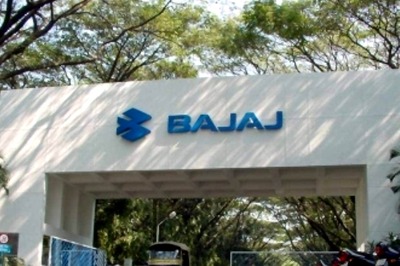
views
India has more than 950 gaming companies and over 500 online skill gaming startups with a minimum of 15,000 game developers, who have the potential to create a skilled workforce of 1.6 lakh, as per a 2022 report by law firm Lakshmikumaran & Sridharan Attorneys.
At present, most gaming companies are paying an applicable 18 percent Goods and Services Tax (GST) on platform fees, which amounts to over Rs 2,200 crore per annum. For example, if a gaming platform charges a 10 percent commission for every Rs 100 deposited in the game, the platform gets Rs 10. After applying 18 percent GST, Rs 1.8 is deducted from that Rs 10. This way, for every Rs 100 per player, the platform gets a commission of Rs 8.2.
But after the new GST rules are implemented, users will have to pay Rs 28 per Rs 100 spent on online games. In fact, under the new regime, a GST of 28 percent will be applicable on the entire face value of the stake or the consideration paid, and not the platform fee alone. This will affect the platform fee, which will approximately increase 15.6 times.
The 50th GST Council Meeting announced that bets placed in online gaming, horse racing and casinos will now levy a 28 percent GST at full value. The council decided this in view of the increasing addiction of online gaming and gambling, especially among children.
The central government will bring amendments in Schedule III as taxable actionable claims, defined as goods under the Central Goods and Services Tax Act, 2017.
The Lakshmikumaran & Sridharan Attorneys Report 2022 stated, “Most countries with a thriving online gaming industry levy tax on ‘Gross Gaming Revenue (GGR)’ or the fees charged by online gaming portals.”
Here is how online gaming is taxed in other countries:
Tax model in other countries, as per the law firm’s report
Philippines
TOTAL TAX: 5%
- E-casinos: Application fee $40,000 in two instalments ($15,000 at the time of application, which is non-refundable, and $25,000 on issuance of the provisional licence, which is refundable)
- Fee for sports betting operations: $48,000 per year – renewal fee is $40,000 in two instalments ($15,000 may be offset against gaming levy paid) and $60,000 payable upon issuance of licence
- Fee for sports betting licence: Application fee $26,000 ($18,000 is refundable if application is unsuccessful) – probity cost is $3,500; upon renewal, $15000 is payable; $60,000 per annum payable upon renewal of licence (restrictive interactive gaming tax)
Estonia
TOTAL TAX: 5%
- 47,940 euros for organising a game of chance
- 31,960 euros for organising a toto
- 3,200 euros to organise a game of skill
- State fee for operating permit – regular is 3,200 euros; 640 euros for lottery
Malaysia
TOTAL TAX: 6%
Annual casino licence fee: MYR 150 million
Malta
TOTAL TAX: 5%
Ranges anywhere between 25,000 euros to 35,000 euros depending on the type of service offered
Singapore
TOTAL TAX: Between 10% and 25%
- Gambling tax: 1,100 SGD for the application of a casino licence
- 22.8 million SGD per year for operating a casino
- 19 million SGD per year for operating two casinos
- 850 SGD for casino licence renewal
Tax model in US, UK and EU, as per CNBC TV18 report
United States
The flat tax is 10 percent but a 30 percent tax is imposed on any winnings through online gaming and e-sports winnings.
United Kingdom
- 5 percent for the first $3.5 million earned on the GGR, going up to 50 percent for amounts over $17.8 million earned
- Winnings on gambling are tax free
- Tax rates for e-sports are 40 to 45 percent
- No VAT (value-added tax) on online gaming
European Union
The rate revenue is at 15 to 20 percent on winning, anywhere between 15 to 50 percent depending on the amount and the member state.




















Comments
0 comment